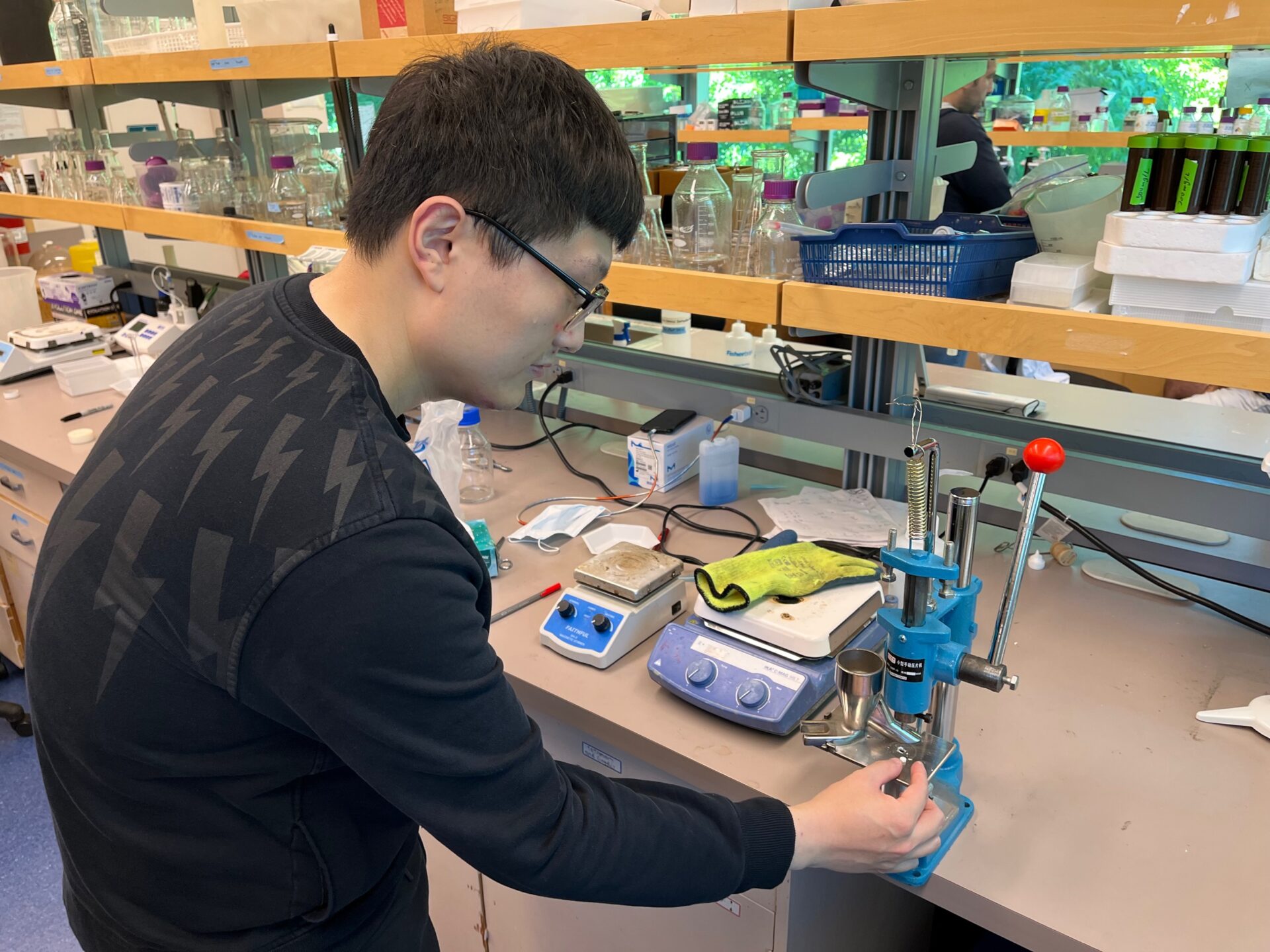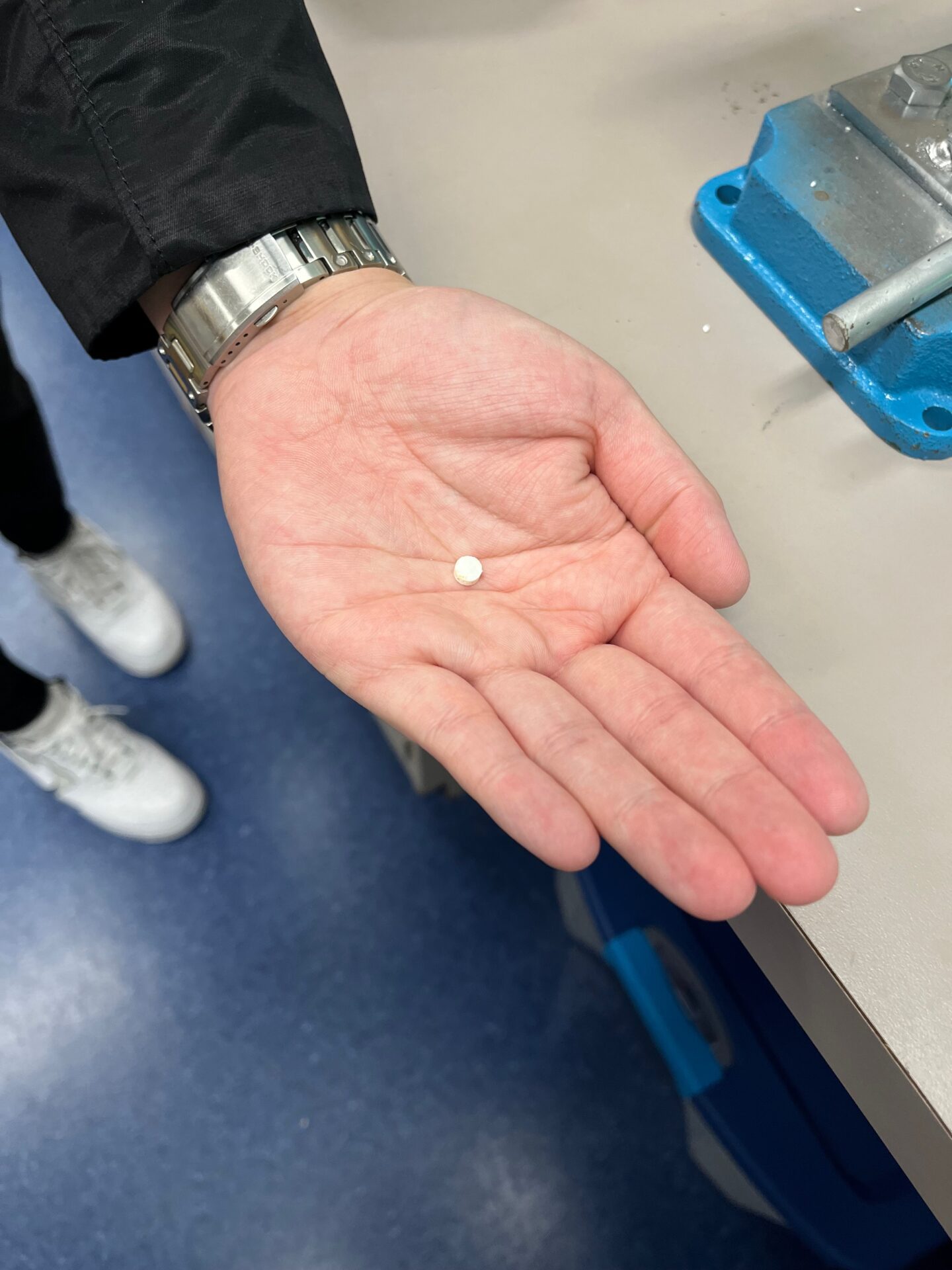
Researchers at the University of British Columbia have made a revolutionary medical discovery that could change the way diabetics administer their life-saving insulin.
The team has found that insulin delivered by oral tablets is absorbed by rats in the same way that injected insulin is, giving hope to those with diabetes who have previously had to poke themselves with a needle several times a day.

A professor at UBC, Dr. Anubhav Pratap-Singh, explains how game-changing their latest findings are for insulin-dependent diabetics globally.
“These exciting results show that we are on the right track in developing an insulin formulation that will no longer need to be injected before every meal, improving the quality of life, as well as mental health, of more than nine million Type 1 diabetics around the world,” he said.

Dr. Anubhav Pratap-Singh | The University of British Columbia
In previous attempts to develop the tablets, most of the insulin would end up in the stomach. But now, they are seeing nearly 100% of the insulin from tablets go straight into the liver of rats.
“Even after two hours of delivery, we did not find any insulin in the stomachs of the rats we tested. It was all in the liver and this is the ideal target for insulin — it’s really what we wanted to see,” said Yigong Guo, the first author of the study.

Yigong Guo demonstrates small-sized insulin tablet | The University of British Columbia
What makes these tablets stand out from other oral insulin alternatives that are being tested, is their absorption rate.
Unlike other oral medications, this pill wouldn’t be swallowed. Instead, it will dissolve when placed between the gum and the cheek.
“Similar to the rapid-acting insulin injection, our oral delivery tablet absorbs after half an hour and can last for about two to four hours long,” said Alberto Baldelli, a senior fellow in the project.

Yigong Guo holds the insulin tablet | The University of British Columbia
The tablets would be a cheaper alternative compared to daily insulin injections.
Besides this, it provides hope for a more sustainable environment.
More than 300,000 Canadians are diabetic per the International Diabetes Federation.
“That is a lot of environmental waste from the needles and plastic from the syringe that might not be recycled and go to the landfill, which wouldn’t be a problem with an oral tablet.”
The next steps, according to researchers, are more time, funding, and collaborators to conduct human trials before the pills could be approved for use.
Dr. Pratap-Singh’s inspiration for the project comes from his own father, who has diabetes and therefore has been injecting insulin three to four times a day for the last 15 years.

